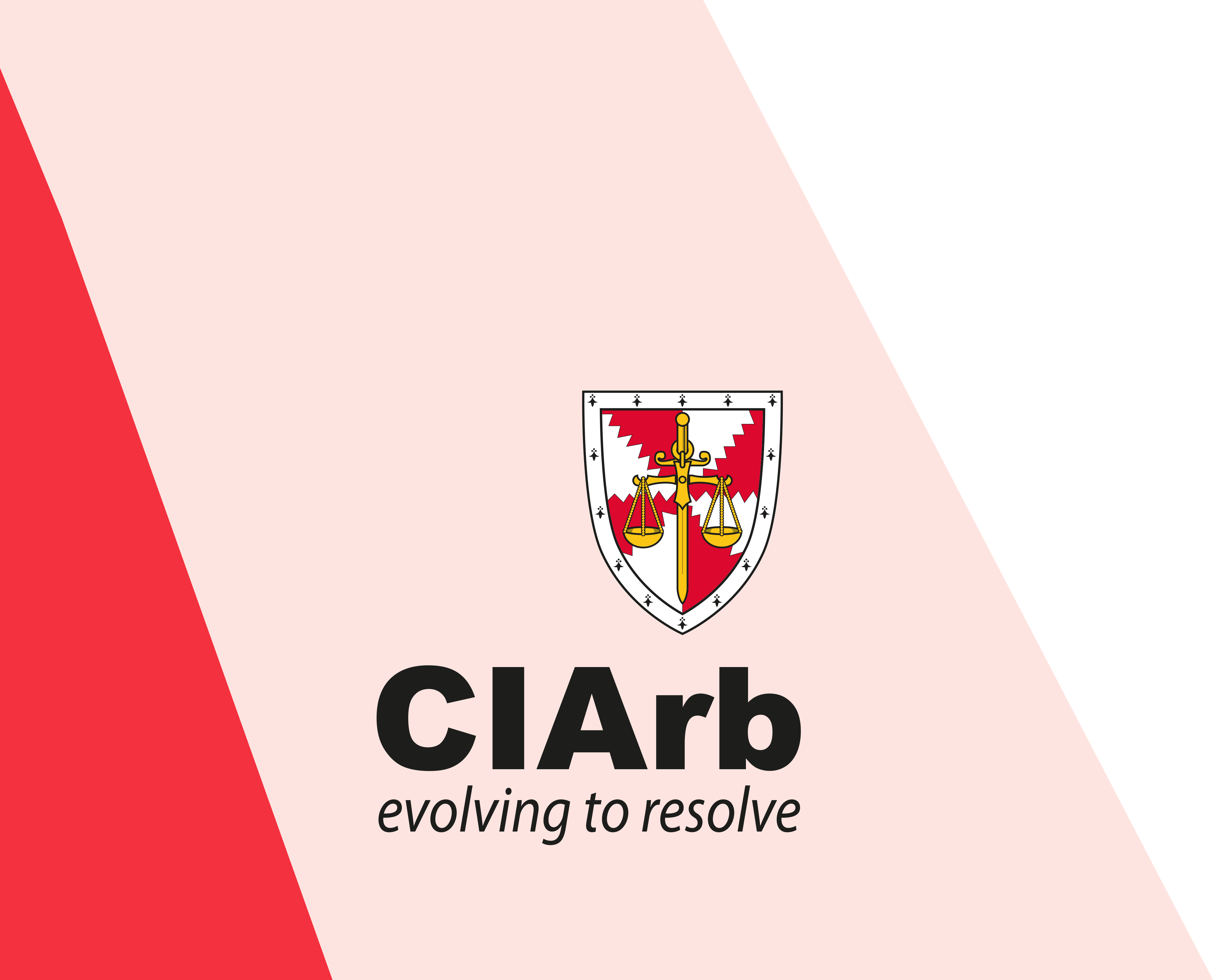Can the Independent Corrupt Practices and Other Related Offences Commission (ICPC) Place Restrictions on the Bank Account of a Suspect without Obtaining a Court Order?
Introduction:
The right of persons – corporate and individual – to own properties and the concomitant protection of the property right of persons under our laws have never been in doubt. However, the right is not absolute. The Constitution of the Federal Republic of Nigeria 1999 (as amended) (Constitution) empowers the Court to make a determination with respect to any question as to the civil rights and obligations of persons; and such determination may extend to the placing of restriction on the bank account of a suspect. Similarly, both the Constitution and other criminal legislations empower the Court and the public prosecuting authorities like the Economic and Financial Crimes Commission (EFCC), Independent Corrupt Practices and Other Related Offences Commission (ICPC) to place restrictions on the bank account of a suspect. However, the extent to which the public prosecuting authorities can place the restriction without Court’s Order has been a subject of controversy. This article, therefore, critically examines the power of the ICPC under the relevant statutes, and concludes that the ICPC, unlike other public prosecuting authorities, can place restrictions on the accounts of suspects without Court’s Order. This article is divided into three parts. The first part which is the introduction is immediately followed by the Second part which reviews the relevant statutory and judicial authorities on this subject, while the last part is the conclusion.
Click HERE to read more or download













